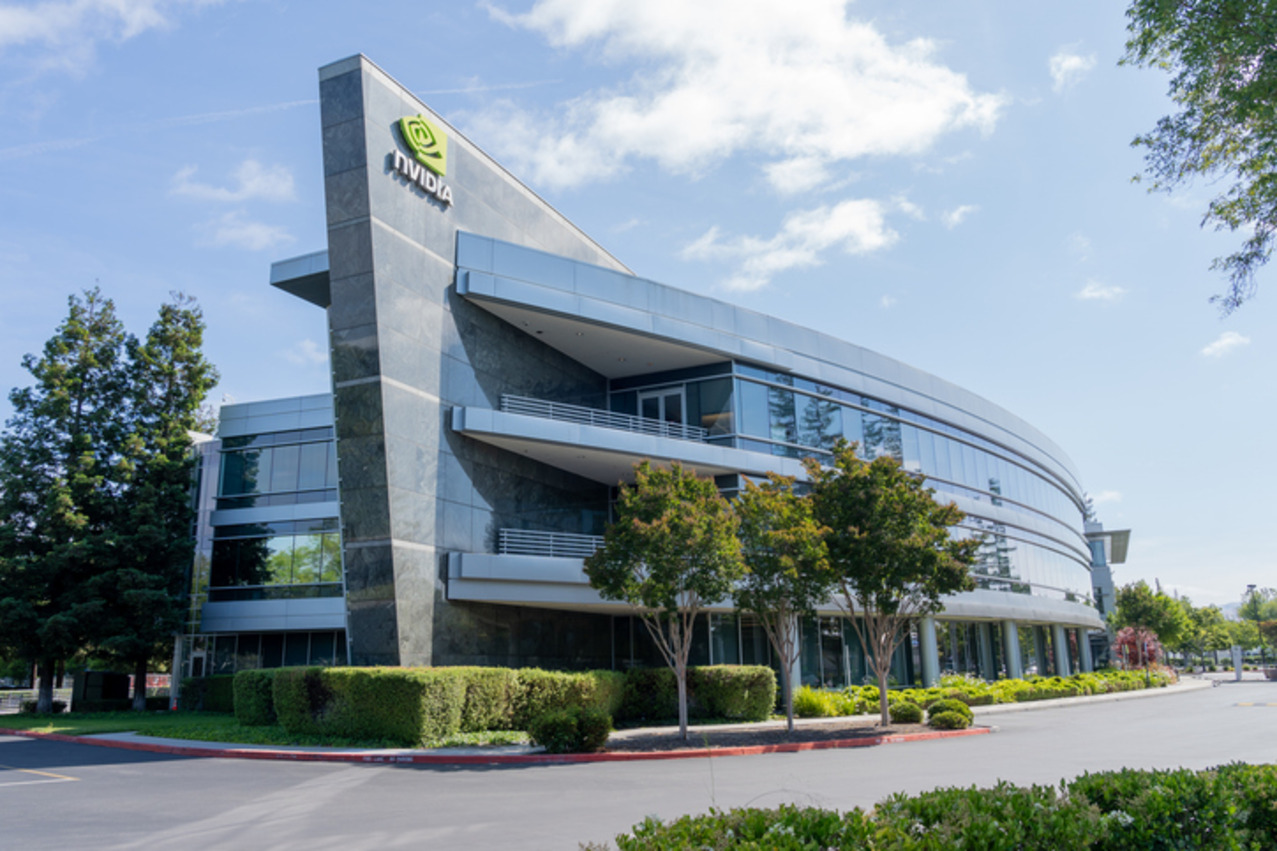Taipei, Taiwan — Nvidia CEO Jensen Huang arrived in Taipei on Friday for a brief visit with Taiwan Semiconductor Manufacturing Company (TSMC), underscoring the deep collaboration between the two companies as Nvidia continues to navigate evolving global dynamics around advanced semiconductor exports. The visit comes just days ahead of Nvidia’s upcoming earnings release and amid ongoing discussions with U.S. officials regarding the future of its AI chip offerings in China.
“My main purpose coming here is to visit TSMC,” Huang told reporters at Taipei Songshan Airport, where he landed via private jet. He noted that the visit would be short, concluding with a dinner meeting with TSMC leadership. TSMC confirmed Huang’s visit and said he would deliver an internal address on his management philosophy.
Strengthening Strategic Partnerships
During the visit, Huang expressed gratitude to TSMC for its role in finalizing six new chip designs, including a next-generation GPU and a silicon photonics processor for Nvidia’s Rubin-architecture supercomputers. “This is the first architecture in our history where every single chip is new and revolutionary,” Huang said. “We’ve taped out all of the chips.”
TSMC remains a critical partner in Nvidia’s global supply chain, providing advanced fabrication capabilities for its most sophisticated AI chips. The collaboration reflects a shared commitment to innovation and technological leadership in a rapidly evolving industry.
Navigating Regulatory Landscapes
Huang also addressed ongoing discussions with the U.S. government regarding a potential successor to the H20 chip, tentatively named the B30A. The new chip, based on Nvidia’s Blackwell architecture, is designed to meet regulatory requirements while serving demand in the Chinese market.
“It’s up to, of course, the U.S. government, and we are in dialogue with them, but it is too soon to know,” Huang said, emphasizing that Nvidia is working constructively within the regulatory framework.
The H20 chip, developed specifically for China following 2023 export restrictions, resumed sales in July after receiving U.S. approval. Nvidia subsequently placed orders for 300,000 units with TSMC to meet strong demand from Chinese customers. However, following concerns raised by China’s cyberspace regulator, Nvidia has asked several suppliers—including Foxconn, Amkor Technology, and Samsung Electronics—to temporarily pause work related to the H20 chip while it manages existing inventory and awaits further purchase orders.
“We constantly manage our supply chain to address market conditions,” a company spokesperson said, adding, “As both governments recognise, the H20 is not a military product or for government infrastructure.”
Huang reiterated that Nvidia’s chips do not contain backdoors and that the company is actively engaging with Chinese authorities to address any concerns. “The ability to ship the H20 chips to China is very much appreciated,” he said.
A Collaborative Path Forward
The visit highlights Nvidia’s commitment to maintaining strong partnerships across borders while adapting to complex geopolitical and regulatory environments. As the company continues to innovate and expand its global footprint, its leadership remains focused on fostering dialogue, transparency, and mutual understanding among stakeholders.
With AI development accelerating worldwide, Huang’s remarks reflect a broader industry effort to balance technological progress with responsible governance and international cooperation.



